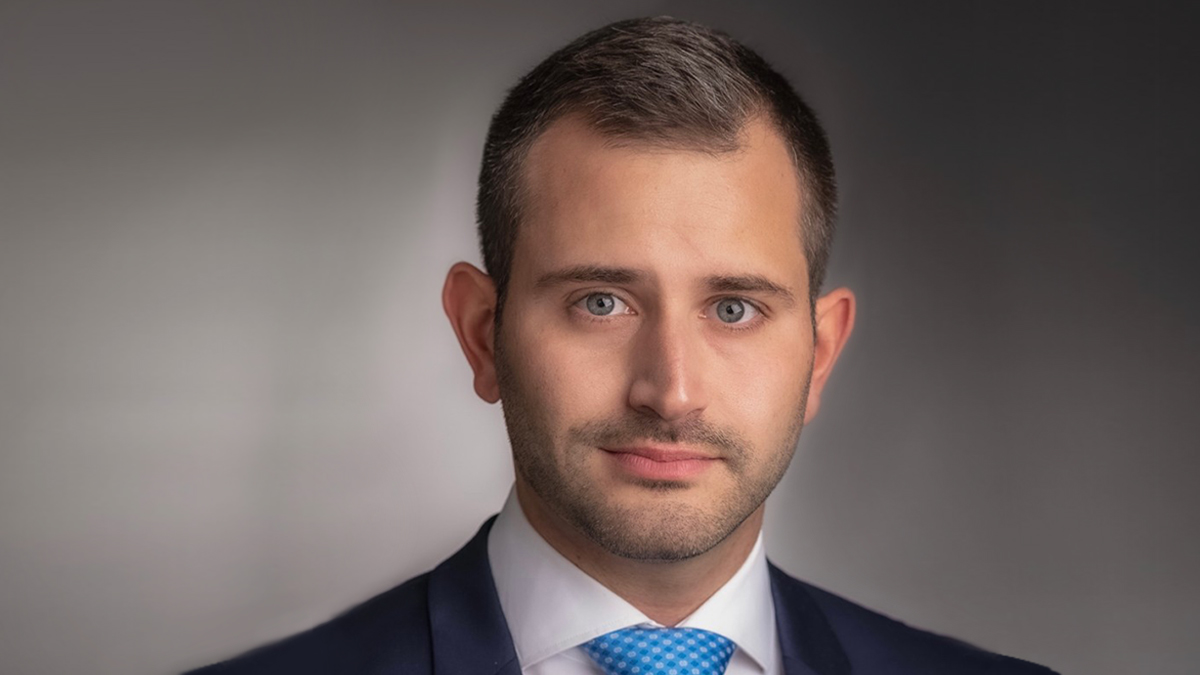Paolo Tarantino shared a post on X:
”Why didn’t Datopotamab Deruxtecan improve overall survival in hormone receptor-positive/human epidermal growth factor receptor 2-negative metastatic breast cancer (HR+/HER2- mBC), a setting where a different Trop2 antibody-drug conjugate (Sacituzumab Govitecan) has previously shown an overall survival advantage?
Three potential, non-exclusive explanations.
- Crossover to other topoisomerase 1 antibody-drug conjugates.
Approximately 15% of the patients in the control arm of TROPION-Breast01 received a topoisomerase 1 antibody-drug conjugate (Sacituzumab Govitecan or Trastuzumab Deruxtecan) at progression, resulting in some form of crossover and inevitably impacting the analysis of overall survival. - Study design.
TROPiCS-02, which tested Sacituzumab Govitecan in hormone receptor-positive/human epidermal growth factor receptor 2-negative metastatic breast cancer, was conducted in heavily pretreated patients (median: 3 prior chemotherapy lines), a population with poor overall survival.Patients in TROPION-Breast01 were much less pretreated (median: 1 line of chemotherapy), making it harder to achieve an improvement in overall survival. - Drug design.
Datopotamab Deruxtecan delivers less chemotherapy compared with other established topoisomerase 1 antibody-drug conjugates, given its drug-to-antibody ratio of 4 (versus 8 for both Trastuzumab Deruxtecan and Sacituzumab Govitecan).Although this is just a hypothesis, it is possible that the lower potency may have contributed to the lack of overall survival advantage.”
Source: Paolo Tarantino/X
Paolo Tarantino, MD, is pursuing an advanced research fellowship at Dana-Farber Cancer Institute and Harvard Medical School, concurrently working towards a PhD in clinical research at the University of Milan. His research focuses on exploring the HER2 oncoprotein, investigating the emerging HER2-low subgroup of breast tumors, and developing novel antibody-drug conjugates targeting every subtype of breast cancer. With a publication record exceeding 50 papers on breast cancer, he is recognized as a leading expert in the field.


